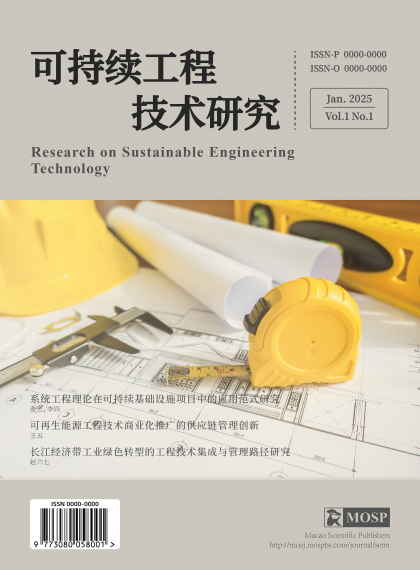摘 要:
随着工业4.0时代的到来,工科教育承担了培养高素质创新人才的重任,故需要对传统的工科教育模式进行改革与创新。"新工科+可持续"课程体系的构建,目标是实现工科教育的现代化,以适应国家经济社会发展需要。本研究基于PDCA循环模型对"新工科+可持续"课程体系进行了深度探究,其含义是在积极推动工程教育改革并提高工科教育质量的基础上,又强调走可持续发展道路,需要形成持续推进改革、提高质量、达成目标、再进行新一轮改革的良性循环。PDCA循环模型包括四个步骤:P(Plan,计划)确定改革目标和路径,D(Do,执行)实行改革,C(Check,检查) 对改革效果进行检查,A(Act,行动)改革常态化。研究发现,运用PDCA循环模型进行课程体系的重构,可以实现新工科教育的转型升级,最终达到可持续发展的目标。这为工科教育改革提供了新的思考和实践路径。
关键词:新工科;课程体系重构;PDCA循环模型;工科教育改革
Abstract: With the advent of the Industry 4.0 era, engineering education has taken on the responsibility of cultivating high-quality innovative talents, thus requiring reform and innovation in traditional engineering education models. The construction of the 'New Engineering Education Sustainable' curriculum system aims to modernize engineering education to meet the needs of national economic and social development. This study provides an in-depth exploration of the 'New Engineering Education Sustainable' curriculum system based on the PDCA cycle model. The implication is that while actively promoting the reform of engineering education and improving its quality, it also emphasizes the path of sustainable development. A virtuous cycle needs to be formed that continuously promotes reform, improves quality, achieves goals, and initiates a new round of reform. The PDCA cycle model includes four steps: P (Plan) to determine reform goals and paths, D (Do) to implement reforms, C (Check) to examine the effects of the reforms, and A (Act) for normalizing the reforms. The study found that using the PDCA cycle model to reconstruct the curriculum system can achieve the transformation and upgrading of new engineering education, ultimately reaching the goal of sustainable development. This provides new thoughts and practical pathways for the reform of engineering education.
Keywords: New engineering; Curriculum system reconstruction; PDCA cycle model; Engineering education reform
--
